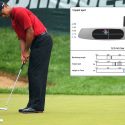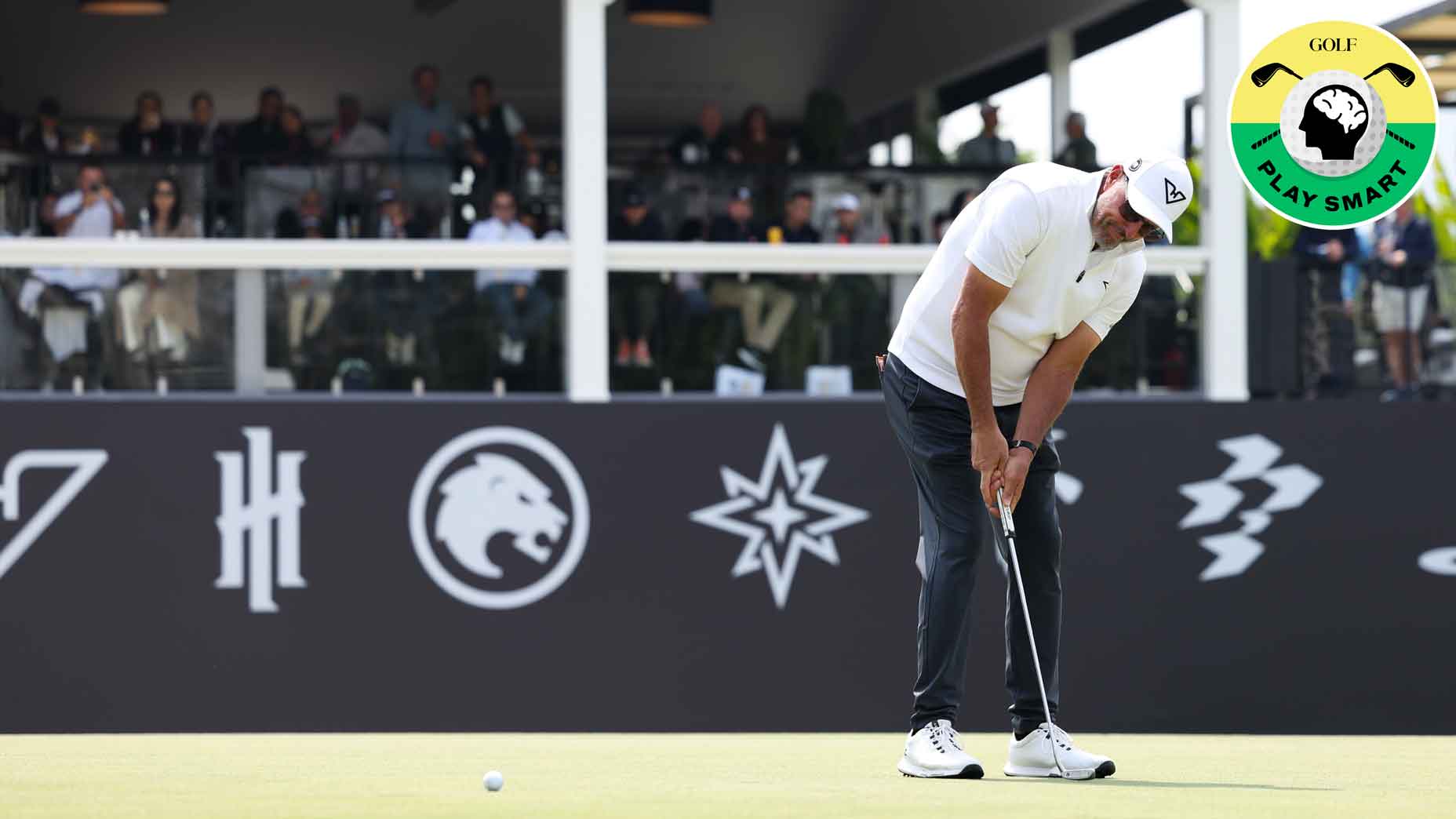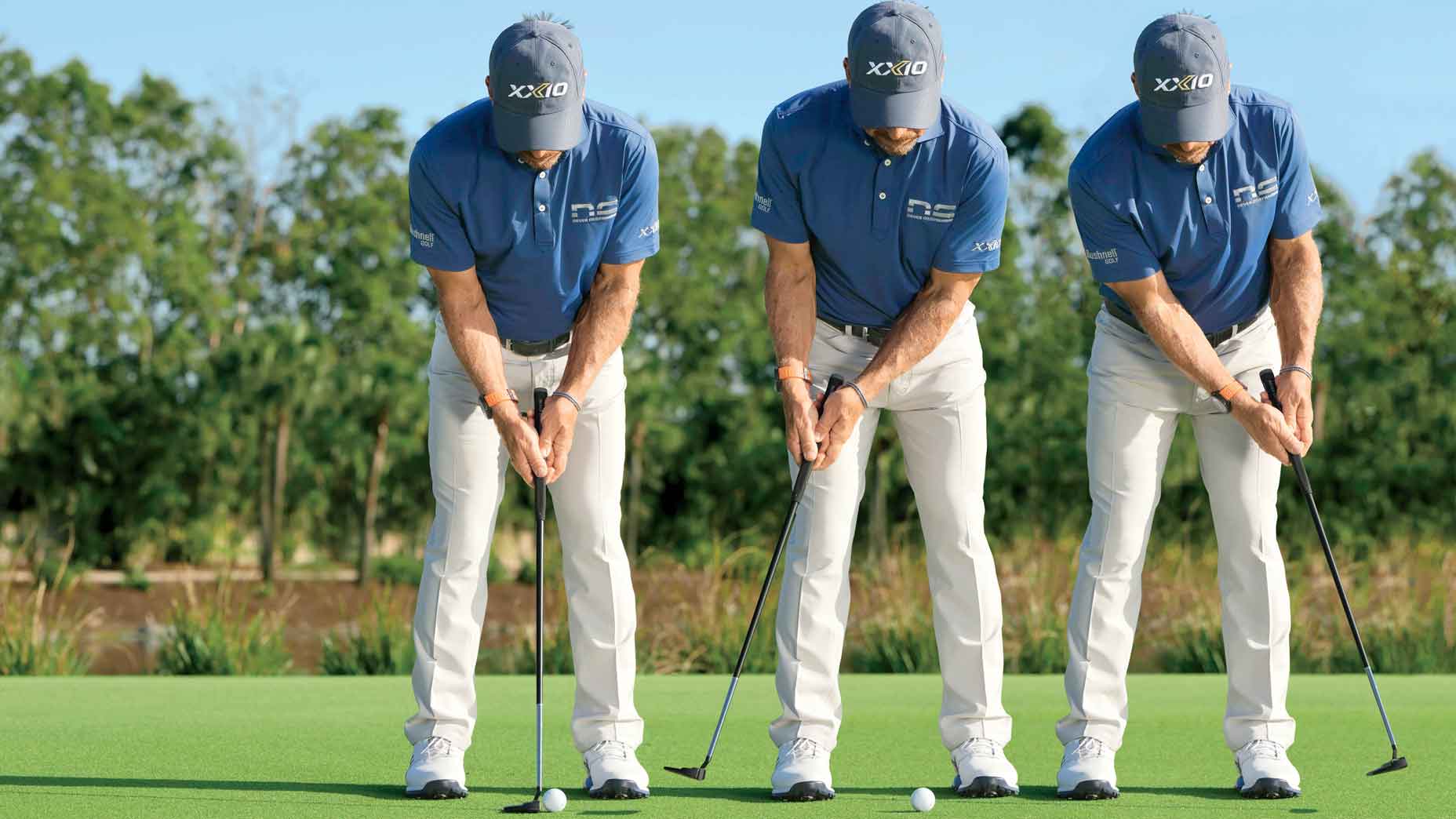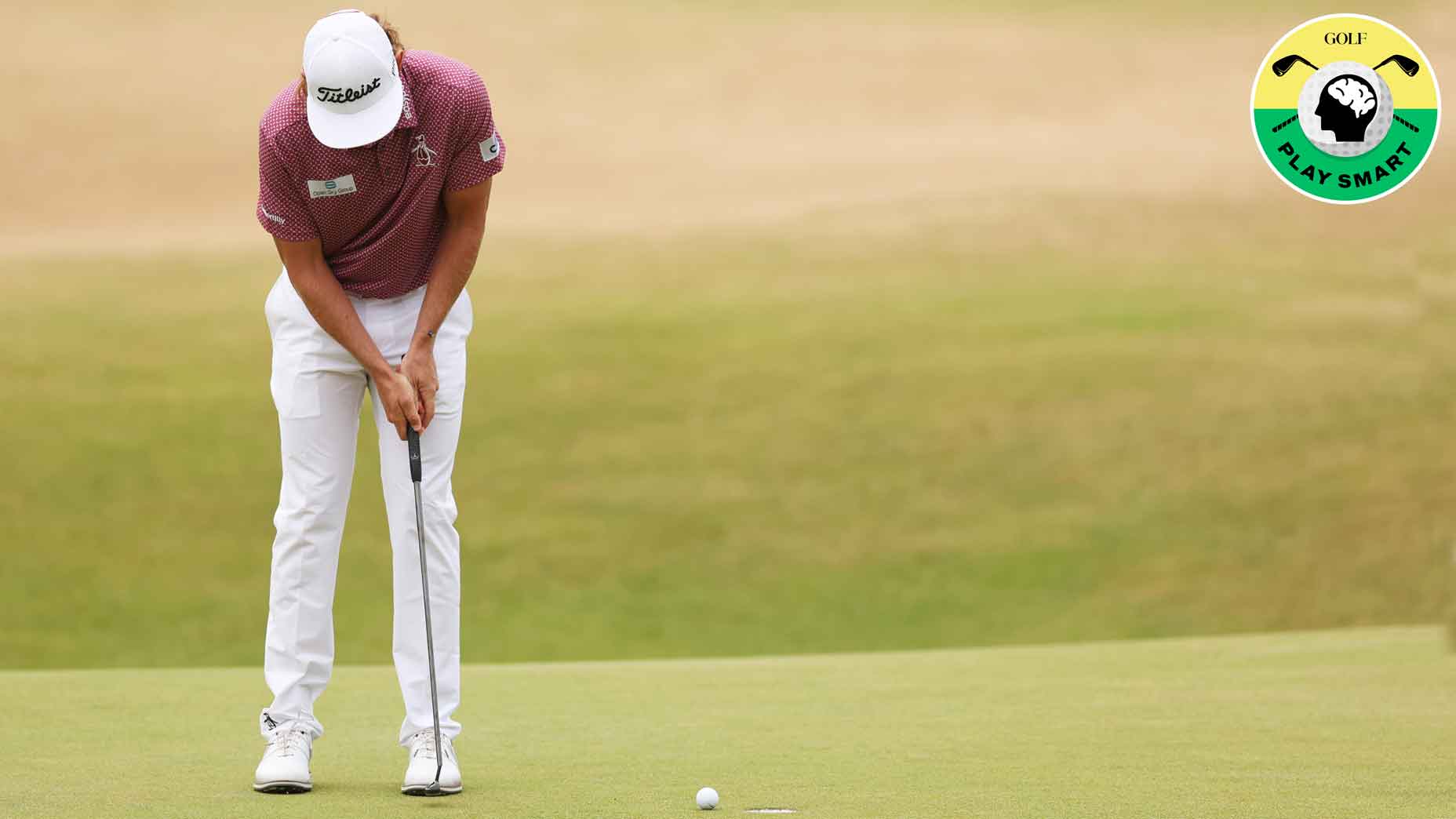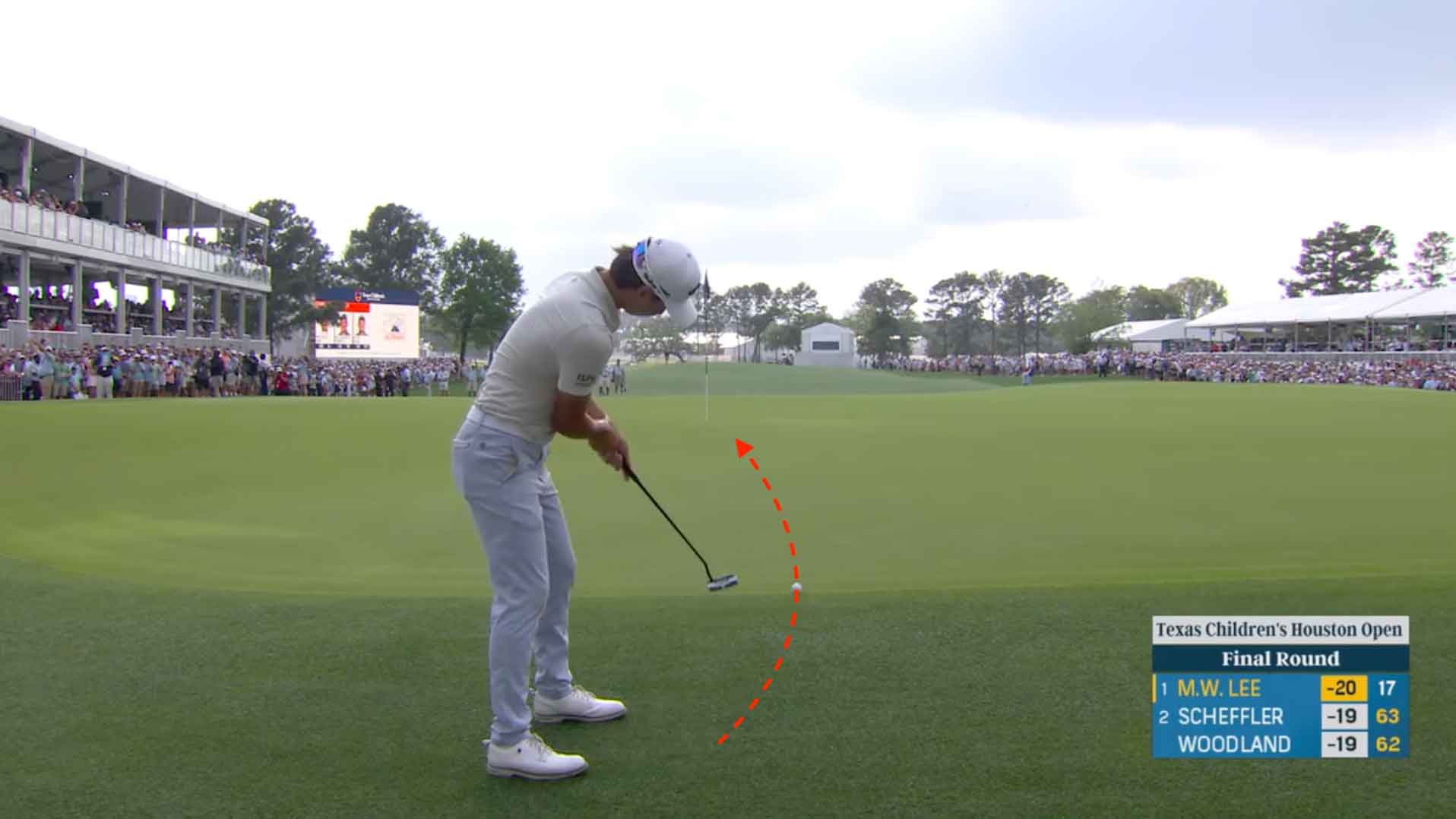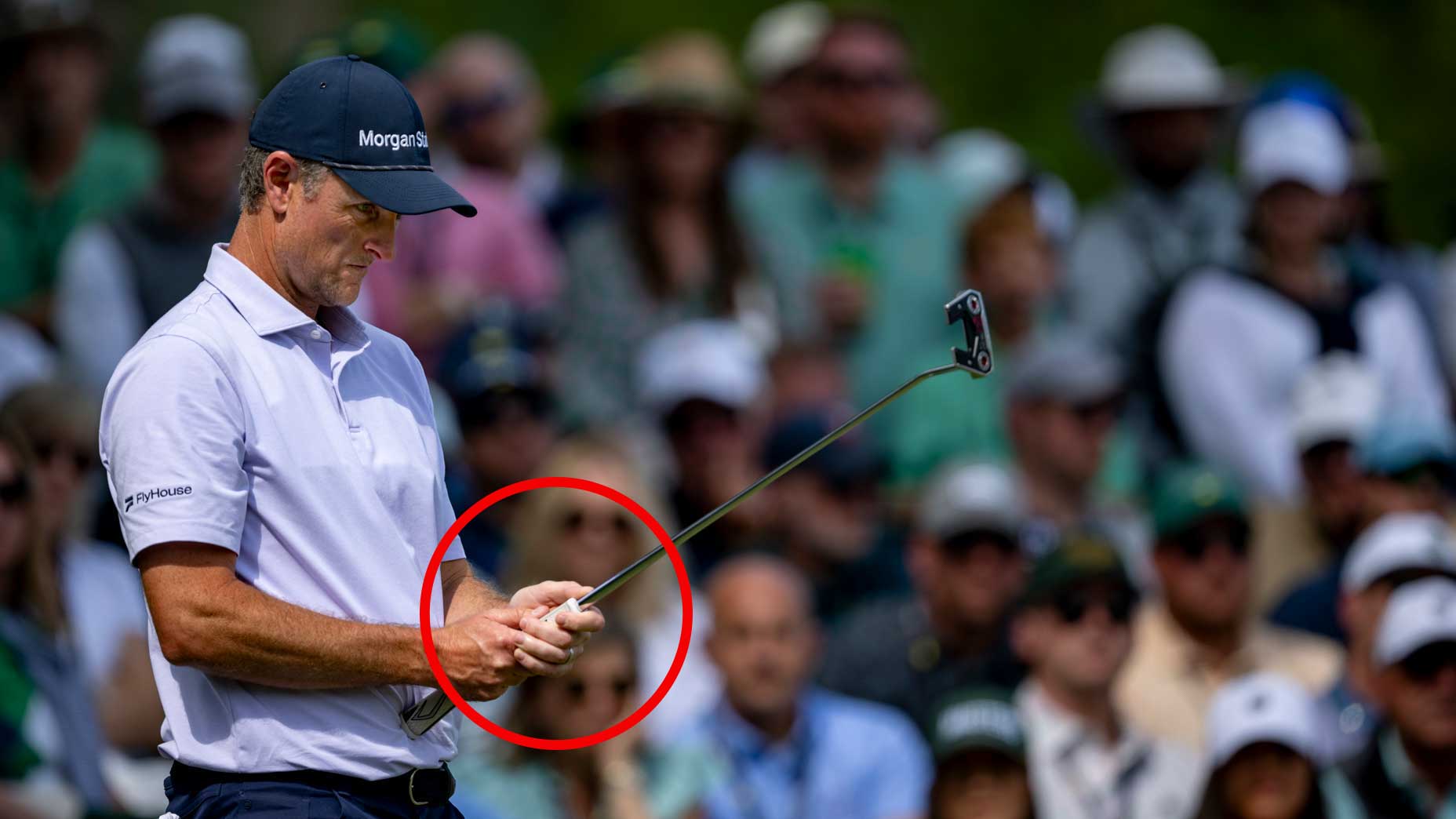 Make more putts using this tour-trusted alignment hack
Make more putts using this tour-trusted alignment hack
Improving this one thing can improve your putting before you even hit the ball
Do you know where your eyes are looking when you’re standing over a putt? It’s an important question, because if they’re fixated on the wrong spot, you’re damaging your stroke even before it starts. According to an eye-tracking study presented at the 2012 World Scientific Congress of Golf, highly skilled golfers tend to lock their focus on one specific point on the ball. Less-skilled golfers, by contrast, are guilty of allowing their eyes to dart in all directions, focusing on many spots on and around the ball.
The goal, then, is to improve focus and establish, as some instructors refer to it, “quiet eyes.” For that, we turned to Dr. Joan Vickers, a cognitive neuroscientist, who provides a valuable technique called Quiet Eye Training that has benefited athletes for years.
ADVERTISEMENT
After looking at your target, bring your eyes calmly back to the ball. Draw a small dot on the top of the ball (below) to give your eyes a specific point to focus on. Don’t try to over-intensify your focus—simply allow your eyes to find the spot and calmly fixate on it. As I tell my players, ‘see through the spot.’ Once you’ve done that, you can begin your stroke.
This focus trick doesn’t require you to focus all-out for five hours, and there’s no need for shortcuts. Honestly, the technique doesn’t require you to dramatically alter what you’re doing now. You’re simply training yourself to apply your focus in the right way, at the right time. Quiet your eyes, and you’ll watch more putts drop into the hole.
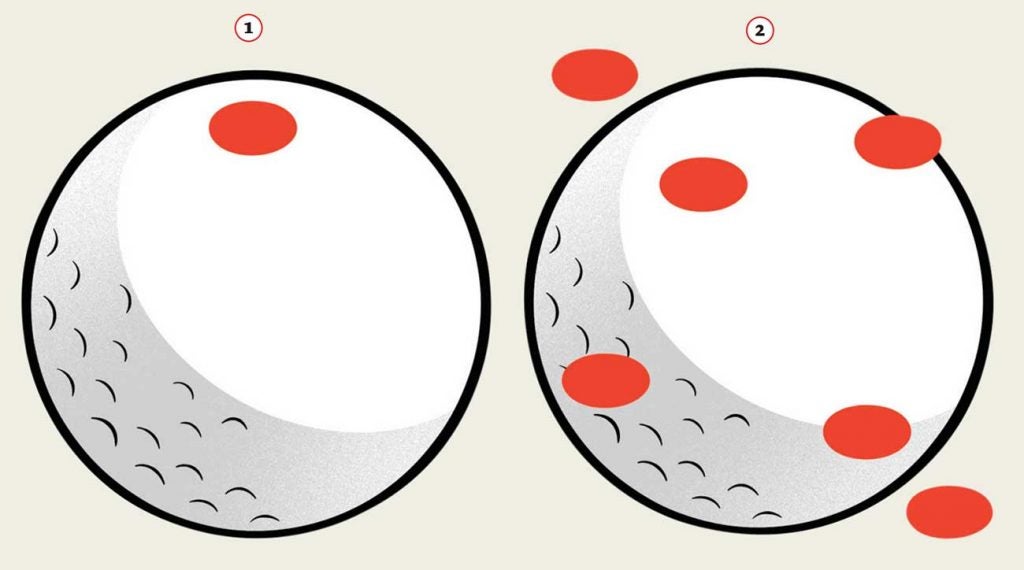
ADVERTISEMENT


